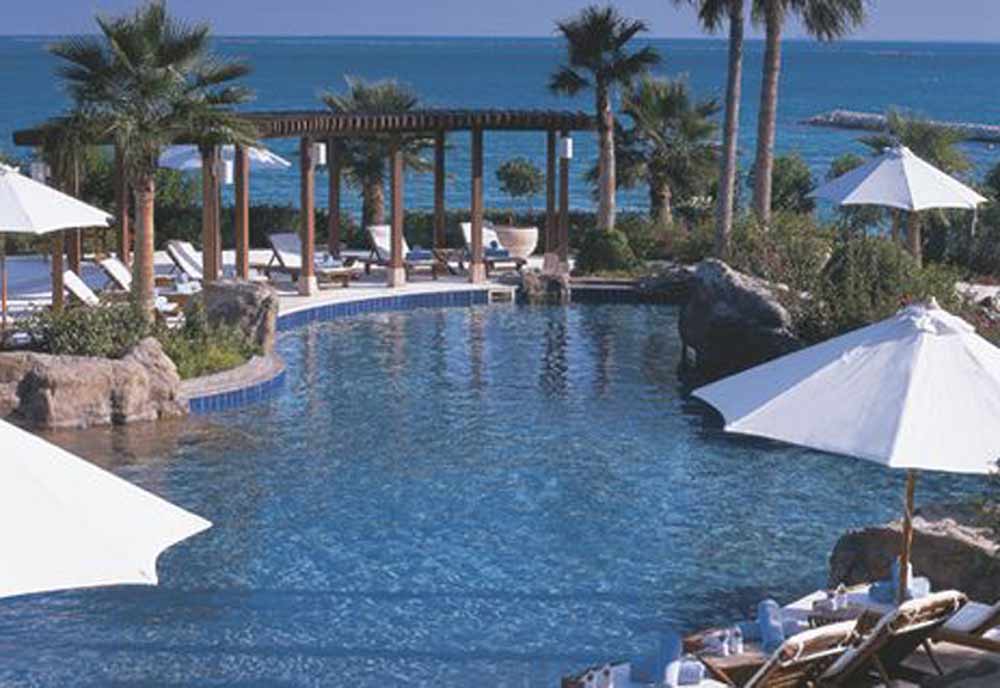 A written notice to five star hotels in Qatar has banned the sale of alcohol in swimming pool areas or on the beach (Image for illustrative purposes only).
A written notice to five star hotels in Qatar has banned the sale of alcohol in swimming pool areas or on the beach (Image for illustrative purposes only).
The move to offer alcohol licenses to outlets and non-Muslims is largely a nod to the region’s expatriate workers, who vastly outnumber the local population. But the decision has been met with criticism from some citizens who oppose the sale of liquor in Muslim countries.
A number of Gulf states have seen conflicts over alcohol regulations in recent years. Pressure groups in Bahrain forced the closure of bars and clubs in the Gulf state’s three-star hotels in 2009, while Oman has chosen to confine the sale of booze to certain hotels and restaurants.
Dubai, widely seen as the Gulf’s most tolerant market, in June 2011 banned standalone bars and restaurants from displaying alcohol behind their bars.

| Advertisement |
Outlets licensed to serve alcohol but located outside hotels were forced to tint glass doors on fridges, move entire displays and even re-design whole bar areas to comply with the ban.
Chiheb Ben Mahmoud, head of Hotel Advisory, for MENA at Jones Lang LaSalle, said in January 2012 the open sale of alcohol was always a “delicate balance” for Gulf governments.
“Sometimes, local public opinion is heated up on the back of a combination of factors. It is common for authorities in these cases to act swiftly in order to defuse tension and prevent the issue from heating up further and getting out of control,” he said.








 Search our database of more than 2,700 industry companies
Search our database of more than 2,700 industry companies









